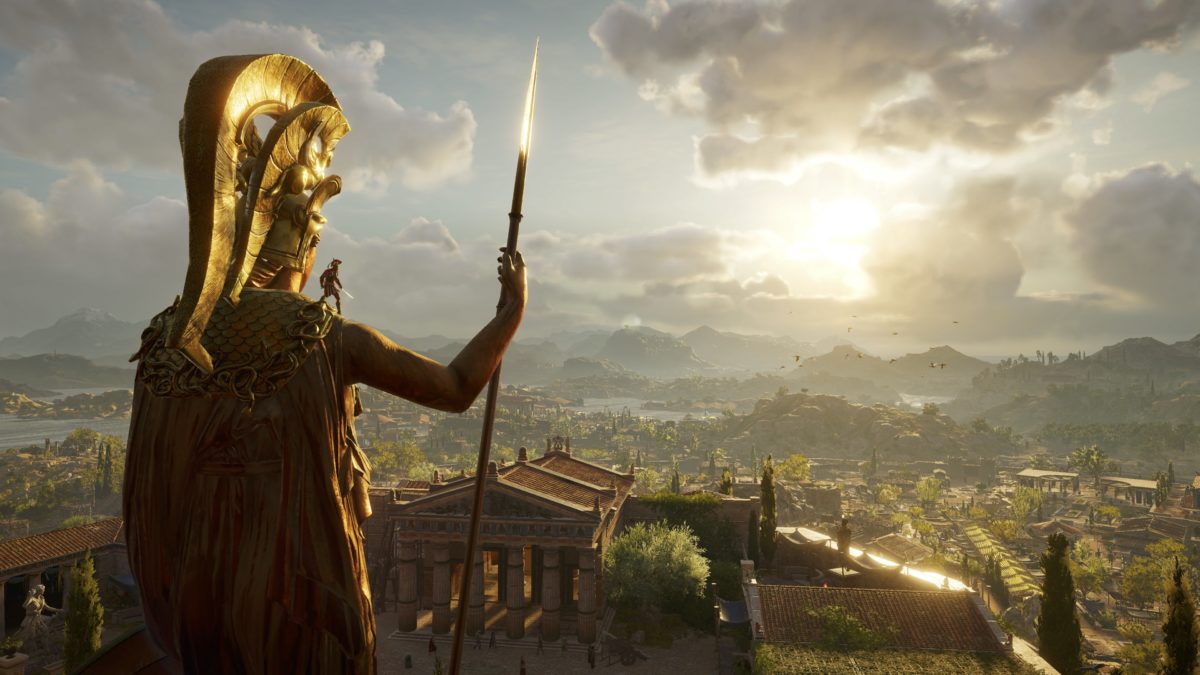By offering environments in which play can take place, games provide their players with resources from which they can craft their own narratives. In historical games this includes the capacity to create stories set in the spaces of the past, but players can be seen to engage in historical work in relation to a range […]








